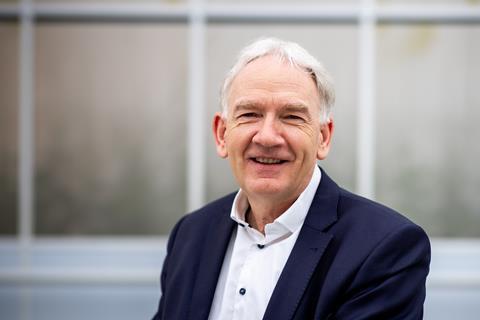Future Forward strategy is designed to push the group towards greater environmental stewardship and social responsibility
Koppert has launched its new sustainability strategy, ’Future Forward – a path for a sustainable tomorrow’.

The Dutch group said that the initiative marked an important moment in the company’s 57-year history, “propelling it towards greater environmental stewardship and social responsibility”.
As a result, Koppert stated that it was embracing a company-wide transformation aimed at integrating sustainability into every facet of its operations.
”Sustainability is an ethical and strategic imperative for our company which adds value, bolsters our bottom line and enhances long term viability,” said chief strategy officer Peter Maes. ‘
”Through ‘Future Forward’, we’re committing to reducing our negative impact while amplifying our positive contributions to the planet.”
Koppert stated that the cornerstone of its sustainability strategy was a global approach that engaged employees at every level of the organisation, across all its subsidiaries.
The sustainability agenda built upon its foundational mission and vision, rooted in environmental preservation and health, it said.
The group pointed out that it had previously spearheaded reduction of pesticide usage, preservation of ecosystems, and introduced innovate sustainable packaging materials.
Now, with ‘Future Forward,’ Koppert was aiming to expand its focus to encompass energy efficiency, emission reduction, and social responsibility across all of its subsidiaries.
”By aligning with the UN’s Sustainability Development Goals and the EU Green Deal, we’re championing international sustainability,” explained Maes. ”Our strategy reflects the motivation of our board and employees, the expectations of stakeholders and our unwavering commitment to compliance.”
The Dutch company said that key elements of its sustainability strategy included environmental sustainability, climate action, biodiversity conservation, pollution reduction, social responsibility, people, communities and governance.
”As responsible stewards of the planet, we recognise the urgent need for action,” added Maes.



